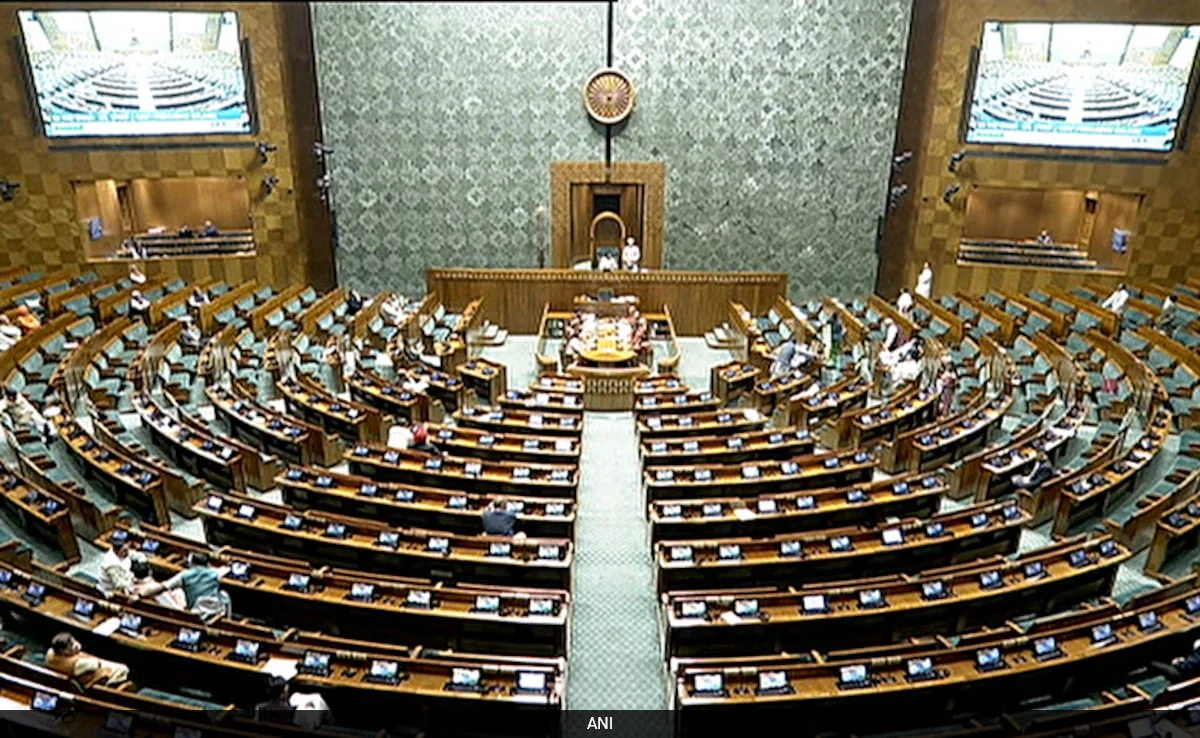The Speaker is typically elected during the initial meeting of Lok Sabha members. Before that, a pro-tem speaker, often the longest-serving MP, is chosen to oversee the initial sessions, administer oaths to new MPs, and conduct the vote for the Speaker and Deputy Speaker.
NDA allies like Chandrababu Naidu‘s TDP and Nitish Kumar’s JD(U), with significant seat counts, are influential in BJP-led NDA 3.0. Media reports suggest both parties are competing for the Lok Sabha Speaker’s role. They argue that alliance partners should be offered the Speaker’s position, citing TDP’s GMC Balayogi as an example from the 1990s.
The Speaker plays a critical role in proving majority and resolving disputes in the House, with the Speaker’s decision being final. TDP, having been part of past coalition governments, understands the importance of this position.
The Speaker, as the head of Lok Sabha, maintains order, adjourns or suspends proceedings, and interprets constitutional provisions and house rules. They decide on member disqualification, with their decision subject to judicial review since the SC ruling in 1992.
In cases of defection, the Speaker’s role is crucial, sometimes limiting even the Supreme Court’s powers. Last year, allegations were made against Maharashtra assembly speaker Rahul Narwekar, highlighting the Speaker’s final say in anti-defection proceedings.
When a party secures a majority in Lok Sabha, the Speaker’s post is mostly symbolic. Traditionally, the ruling alliance holds the Speaker’s post, while the Deputy Speaker’s role goes to an opposition member. However, this is not a rule, and in the 17th Lok Sabha, the Deputy Speaker position remained vacant.







